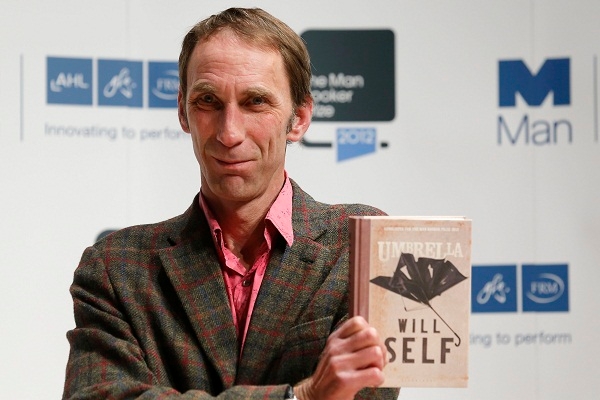At times hilariously funny and full of insight, Selfish, Whining Monkeys is a profound analysis of how British culture has changed in the last 60 years. Rod Liddle advances his argument by comparing the attitudes and beliefs of his parents’ generation with the equivalent today and skilfully interleaves tales from his own childhood and early life.
The values of his parents are summed up as ‘work hard, save money, don’t shag around, marry for love and for life, don’t get pissed, don’t gamble, do as you’re told’. He doesn’t want to go back in every respect. There have been many beneficial improvements but, he concludes, ‘I, and my generation, seem by contrast feckless and irresponsible, endlessly selfish, whining, avaricious, self-deluding, self-obsessed, spoiled and corrupt’. Amidst the improvements a ‘certain moral code’ has been lost, which has contributed to our becoming a nation close to bankruptcy, with many broken families siring ill-educated and undisciplined kids.
Rod Liddle fears that he may be dismissed as what he calls a ‘tired why-oh-why’ right winger, and he certainly denounces Marcusian idiocies of the counter-culture 60s. But in his defence he also attacks what he calls the ‘singularly grim and vindictive Conservative government of the 1980s’. He finds that all the main political parties have been in thrall to egotism – a toxic ‘determination to do away with everything – society, authority – but ourselves’.
In the age of Dawkinsian contempt for religion, he dares to say that the loss of religion – Liddle was sent to Sunday school – may have had some harmful effects. He fully expects to attract the attentions of the ‘shrill infantile absolutism’ of the ‘authoritarian left’ who deny that there has been any harm and who try to deny a platform to anyone who says otherwise.
As a lifelong supporter of the Labour party he has strong suspicions of the ‘faux left’, his name for ‘people who consider themselves of the left’ but whose views are ‘either wholly irrelevant to the poorest indigenous sections of our society, or actively hostile towards them’. He admits to being very faux left himself on some issues, but is repelled by the ‘viciousness with which it castigates any transgression from its own amenable positions’. Now such nihilistic rage is multiplied by the internet. We have so many competing groups with ‘sensibilities hungry to be offended’ each ‘vociferously proclaiming their sense of victimhood, their grievances’ with greater rapidity and reach. The police are only too willing to arrest and threaten people who have offended someone. Often, says Liddle, there are demands for him to be arrested. In one case he argued that the illness ME was non-existent and was reported to the police, only to find that at least one police force had some common sense. The police officer who took the call asked for the name of the offender and, when told it was Rod Liddle, replied that he was a well-known ‘arsehole’ and that it was best to ignore him.
His ultimate concern is that the glue which bound us all together has dissolved: ‘the idea that as a nation state, a territorial entity cohered around a thousand years and more years of a common culture, we shared certain values and norms. That seems to have gone, no?’
His argument reminded me of the work of Norman Dennis who voiced similar concerns in books such as Families Without Fatherhood, Rising Crime and the Dismembered Family, and English Ethical Socialism. In the television drama Absolutely Fabulous, with Jennifer Saunders and Joanna Lumley, the baby-boomer mother played by Saunders is portrayed as feckless, selfish and irresponsible, and her daughter as unselfish, hard working and socially responsible. Perhaps Rod Liddle will turn out to be among the first of the baby-boomer parents to have second thoughts about the culture they created, and find some way of holding on to the best of liberal individualism while discarding the narcissistic hyper-individualism that has taken hold.
This is a thoughtful book by a skilful writer who uses humour more deftly than anyone else writing today. And it’s humour with a philosophical purpose, which puts Rod Liddle among the best satirical writers in the English tradition. He is acute social observer but it struck me that some of his insights could be better conveyed in a play or film. Perhaps he should consider writing a screenplay.
David Green is Director of Civitas
 Rod Liddle’s new book Selfish Whining Monkeys is available from the Spectator Bookshop for just £12.99. Click here to buy now.
Rod Liddle’s new book Selfish Whining Monkeys is available from the Spectator Bookshop for just £12.99. Click here to buy now.






Comments